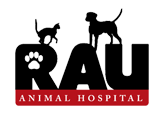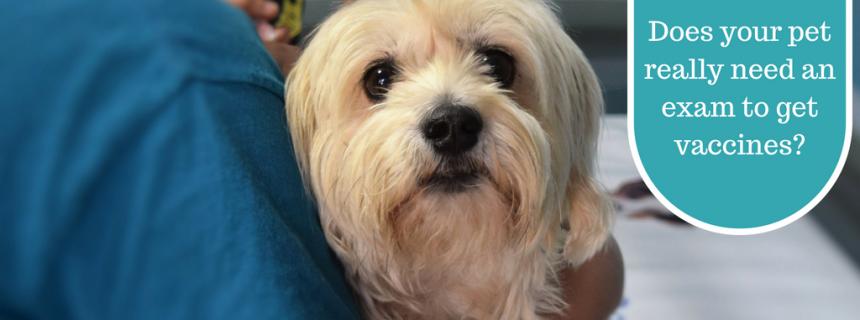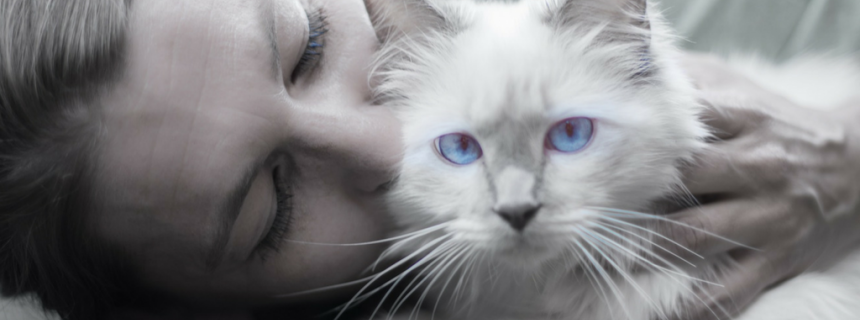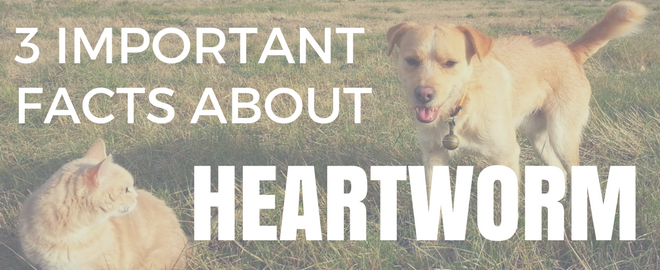This collection of [term:name] articles has been curated for you by Rau Animal Hospital. If you would like to talk to a veterinarian, please give us a call at 215-884-0453 .
An Exam Before Vaccines: Does My Pet Really Need This?
You get a reminder email, text, or postcard -- your dog or cat is due for a vaccine or two. Time to make an appointment! You arrive for a simple visit with your healthy pet, and then a Licensed Technician or even the doctor begins a full, thorough exam.
Read More
Why Microchip Your Dog?
If your dog went missing, how would you try to find him? Post “lost” notices on electrical poles and on Facebook? Comb the neighborhood calling for your dog and looking at your phone every three seconds in case someone found him? Call your shelter to ask if anyone had found him and taken him to the shelter?
While all of these are viable -- and common -- practices, there are a few ways you can increase the odds that you will be reunited with your pooch should the unthinkable happen.
Read More
Lumps and Bumps? Get Them Checked!
Are you seeing lumps, bumps or growths on your pet? No matter what you call them, masses of all kinds, from harmless skin growths to malignant tumors, are actually fairly common in our furry friends.
How Does Your Veterinarian Examine Lumps and Bumps?
While most masses are benign, we recommend examinations and fine needle aspirates for all new growths. This simple procedure allows the veterinarian to determine the nature of the growth by collecting a sample of cells and viewing them under a microscope.
Read More
Integrative New Year's Resolutions for You and Your Pet
Most personal New Year’s resolutions are centered on health and relationships. You may promise yourself that you'll work out regularly, eat healthier or call your family more often. But what if you broadened your resolutions to include your pets? What would that look like? Could you find resolutions that would truly benefit both you AND your pets?
These resolutions are integrative in nature as they address various aspects of the pet’s well-being, such as diet, exercise and social and emotional needs.
Read More
What Dog Deworming Means for Dog Lovers
You might be surprised to discover how common dog worms are in the environment. In fact, some sources say most dogs - even healthy dogs -- host a low level of worms nearly all the time. After all, your dog goes outside, probably eats questionable substances on occasion, and may be known to roll in smelly areas. Since dog worms are often in the dirt (or in whatever else is in the dirt!), or are transmitted by fleas or mosquitos, you can see how it wouldn’t be a surprise that your dog could have worms.
Read More
Can Your Dog Get the Flu?
The short answer is “yes” and there is a widespread outbreak in the Southeast. However, dog owners around the country should be on alert as reports of this virus were confirmed in LA a few months earlier.
Canine influenza is highly contagious between dogs, they can pass it among themselves from contaminated objects like toys, water bowls, and leashes, as well as direct contact. Additionally, people can transmit it between dogs, though there’s no evidence that people can contract it.
Read More
3 Important Facts About Heartworm
April is National Heartworm Awareness Month! Are your pets protected? Here’s what you need to know.
Heartworms are transmitted by mosquitos.
Heartworms are long, spaghetti-like parasites that live in the heart or pulmonary arteries. These worms cause disease by clogging the heart and major blood vessels, resulting in reduced blood supply to other organs, such as the liver, kidney and lungs.
Read More







